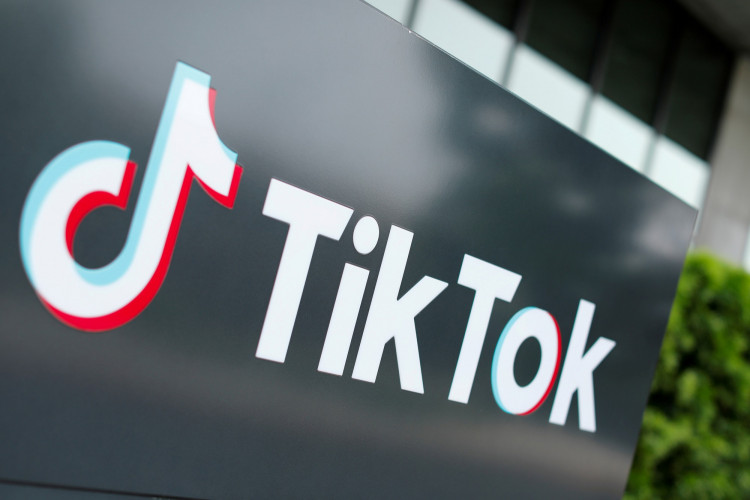TikTok, the video-sharing platform with over 170 million American users, has asked the U.S. Supreme Court to block a law that could ban the app nationwide if its Chinese parent company, ByteDance, fails to divest by January 19. The request, filed on Monday, marks the latest development in a high-stakes legal battle that pits national security concerns against free speech protections under the First Amendment.
The legislation, titled the Protecting Americans from Foreign Adversary Controlled Applications Act, was passed by Congress and signed into law by President Biden earlier this year. If ByteDance does not sell TikTok to an American company, the platform will be removed from app stores and U.S. networks. TikTok and its supporters argue that the law is unconstitutional, claiming it silences free expression and harms the livelihoods of content creators who rely on the app.
"The Act will shutter one of America's most popular speech platforms the day before a presidential inauguration. This, in turn, will silence the speech of Applicants and the many Americans who use the platform to communicate about politics, commerce, arts, and other matters of public concern," TikTok's lawyers wrote in the filing.
TikTok has requested that the Supreme Court intervene by January 6, allowing time for app stores and hosting services to comply if the ban proceeds. Chief Justice John Roberts, who handles emergency appeals from the D.C. Circuit, can decide on the request himself or refer it to the full court.
The platform's emergency appeal comes after the U.S. Court of Appeals for the District of Columbia Circuit ruled against TikTok earlier this year, upholding the law. While the court acknowledged the First Amendment implications, it determined that the legislation serves a compelling government interest in safeguarding national security. The court also concluded that the law was narrowly tailored, citing the U.S. government's concerns over TikTok's ties to China and the potential for the Chinese government to access sensitive data or manipulate content.
TikTok, however, maintains that these claims are speculative and fail to demonstrate an immediate national security threat. The company emphasized that an injunction is necessary to prevent irreparable harm to its platform and the users who depend on it. In a statement posted on social media platform X, TikTok argued, "The Supreme Court has an established record of upholding Americans' right to free speech... We are asking the Court to apply the most rigorous scrutiny to speech bans and conclude that it violates the First Amendment."
A coalition of TikTok users, including small business owners, influencers, and conservative group Based Politics Inc., filed a parallel challenge to the law, echoing concerns about its impact on free expression. The users' attorneys argued that even a temporary shutdown would cause "permanent harm" to those who rely on TikTok for their livelihoods and creative expression.
The federal government, defending the law, has repeatedly underscored its national security rationale. Officials cite fears that the Chinese government could use its influence over ByteDance to exploit TikTok's vast trove of American user data or manipulate its algorithm to influence public opinion.
TikTok's legal appeal has also drawn the attention of President-elect Donald Trump, who sought to ban the platform during his first term but has since shifted his stance. On Monday, Trump stated that he has a "warm spot" for TikTok, adding that he would "take a look" at the pending law. During a press conference at his Mar-a-Lago estate in Florida, Trump said he "won youth by 34 points, and there are those that say that TikTok had something to do with it."
TikTok's lawyers highlighted Trump's comments in their filing, suggesting that a temporary delay would allow the incoming administration to reassess its position on the ban. "An interim injunction is also appropriate because it will give the incoming Administration time to determine its position, as the President-elect and his advisors have voiced support for saving TikTok," the filing noted.
The Supreme Court rarely grants emergency relief in such cases. Of the numerous emergency appeals brought before the court this term, only a small fraction have succeeded. If TikTok's request is denied, the law would take effect as scheduled, forcing ByteDance to either divest or see TikTok banned nationwide.
This legal battle represents a pivotal moment for the platform, which launched in the U.S. in 2018 and rapidly grew to dominate the social media landscape with its short-form video algorithm. TikTok's unprecedented popularity has made it a key space for political discourse, entertainment, and business marketing. Civil liberties groups, concerned about the law's broader implications, have joined the legal fight, emphasizing the importance of protecting free speech online.




